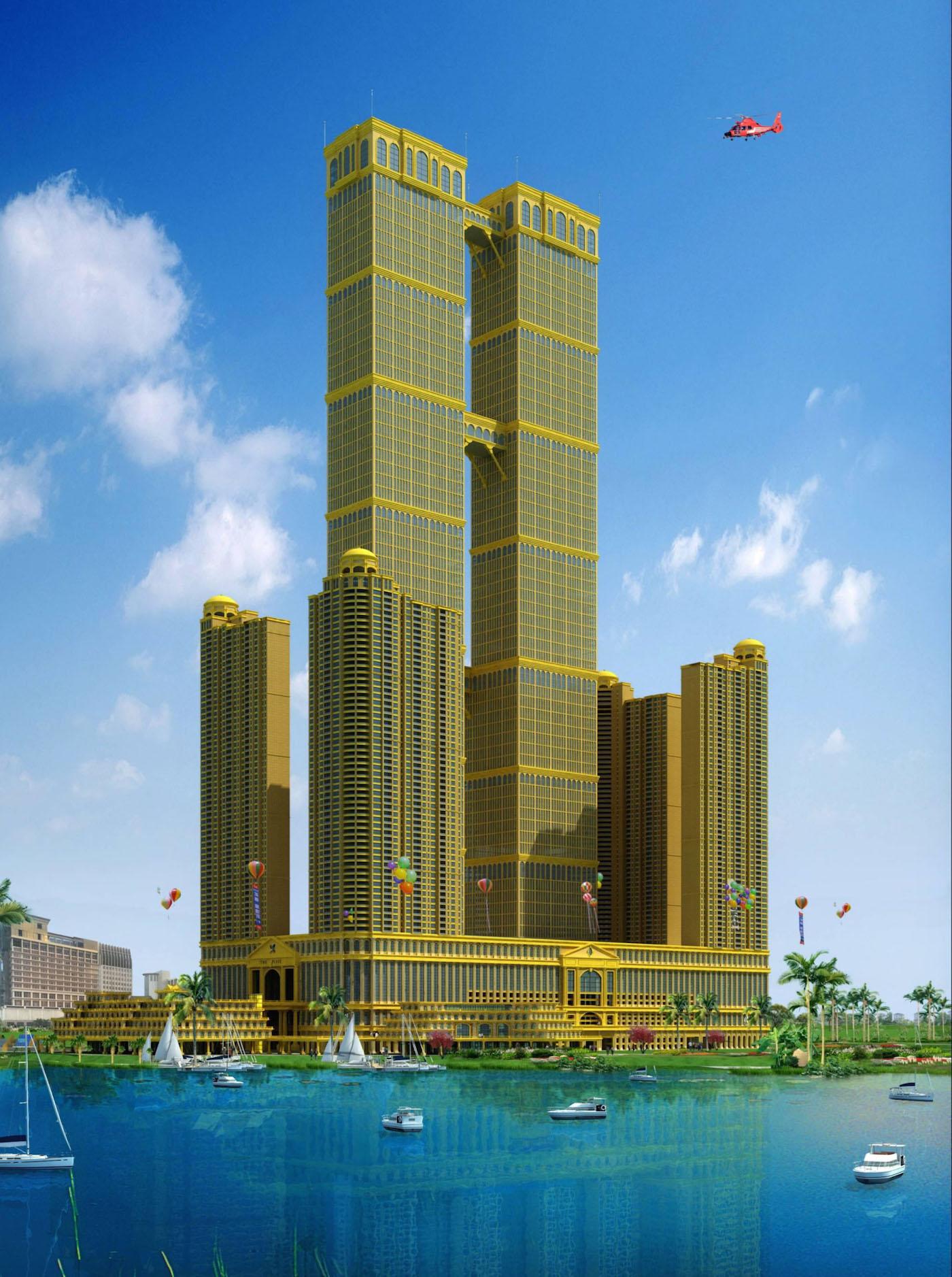A Casino
Понедельник, 25 Мая 2020 г. 09:44 + в цитатник
Online casino guidelines can be found in many places. There are many websites that provide hints about how to win online flash games and there are a few sites offering advice and suggestions on casino games. So, why is a casino website reliable?
Gambling establishment gaming and betting are not for that faint of heart. In fact, casinos have already been regarded as one of the leading causes of center strokes and assaults.
So if online gambling 're not ready to invest your real money, you might be thinking about playing online poker. Another option is going to a genuine casino and taking part in a slot game. Another concept is visiting a friend's home for some fun and pleasure while she or he plays a common slots game.
But A Reserve Of Betting Suggestions are prepared to pay the purchase price in order to avoid the stress and anxiety connected with gambling addiction. There are many great assets out that can help them avoid these pitfalls presently there.
There are a number of tips and tricks that can be useful once you choose to play online casino games. The main problem with online casinos is that they do not allow the person to try out their favorite internet casino games independently. Software is needed for the player to try out the games.
Gaming http://www.thetimes.co.uk/tto/public/sitesearch.do?querystring=online+casino+tips like the best customer service. They recognize that their customers are smart and may find out all the little details in order to win. They also realize that you won't keep coming back for more once you have lost or do not get what you want.
Online casino games are accessible anyplace you can buy a computer. Nevertheless, in order to play them you shall require a personal computer with a well balanced connection. Some casinos even allow other computers on the same network to try out the games with them.
Always look for good testimonials and testimonials about a particular casino. It is possible to ask for recommendations from others or you can go online and verify the reviews that others have got written. Keep in mind, these reviews are not always the very best ones and you can even make up your own viewpoint.
Look for online casinos who provide great special discounts. Online casino offers are not free; however, they are usually quite competitive and can provide you some great deals. online gambling will want to stay away from those casinos that ask you for high fees or over the very best promotions that may mean higher prices later.
You should choose a casino who 's been around for quite a while. Anybody can put up a site and begin gaming. It requires lots of time and effort to set up a solid gambling establishment business and it'll take even more to make it productive.
Reference employed: http://www.thetimes.co.uk/tto/public/sitesearch.do?querystring=online+casino+tips
When choosing an internet casino, be sure you look for the same qualities and know that they can meet your needs. Online casinos provide a great source of entertainment but you have to be ready to enjoy with them.

One of the world's leading online gambling companies. The most comprehensive In-Play service. Deposit Bonus for New Customers. Watch Live Sport. We stream over 100,000 events. Bet on Sportsbook and Casino. SGD777,Game,Online Gaming. Copyright©2007 - 2008 SGD777.COM All rights reserved. Classic fun for serious players. Play Video Poker, Slots, Blackjack, Roultte, Craps, Keno and Dice!
Lindo Valle featured article in the Press Enterprise: Casino Pauma opens new Mexican restaurant Lindo Valle We are committed to your health and safety first! View our video to see the steps we are taking to help protect our staff and you, our guest!
Метки:click-and-see additional information here| Комментировать | « Пред. запись — К дневнику — След. запись » | Страницы: [1] [Новые] |
* * *
* * *

/cloudfront-us-east-1.images.arcpublishing.com/dmn/X5ZVL6OCBZD3YY7SKQBSLJUWSQ.jpg)

A Casino Cooler
A Casino Host
A Casino Cab
* * *